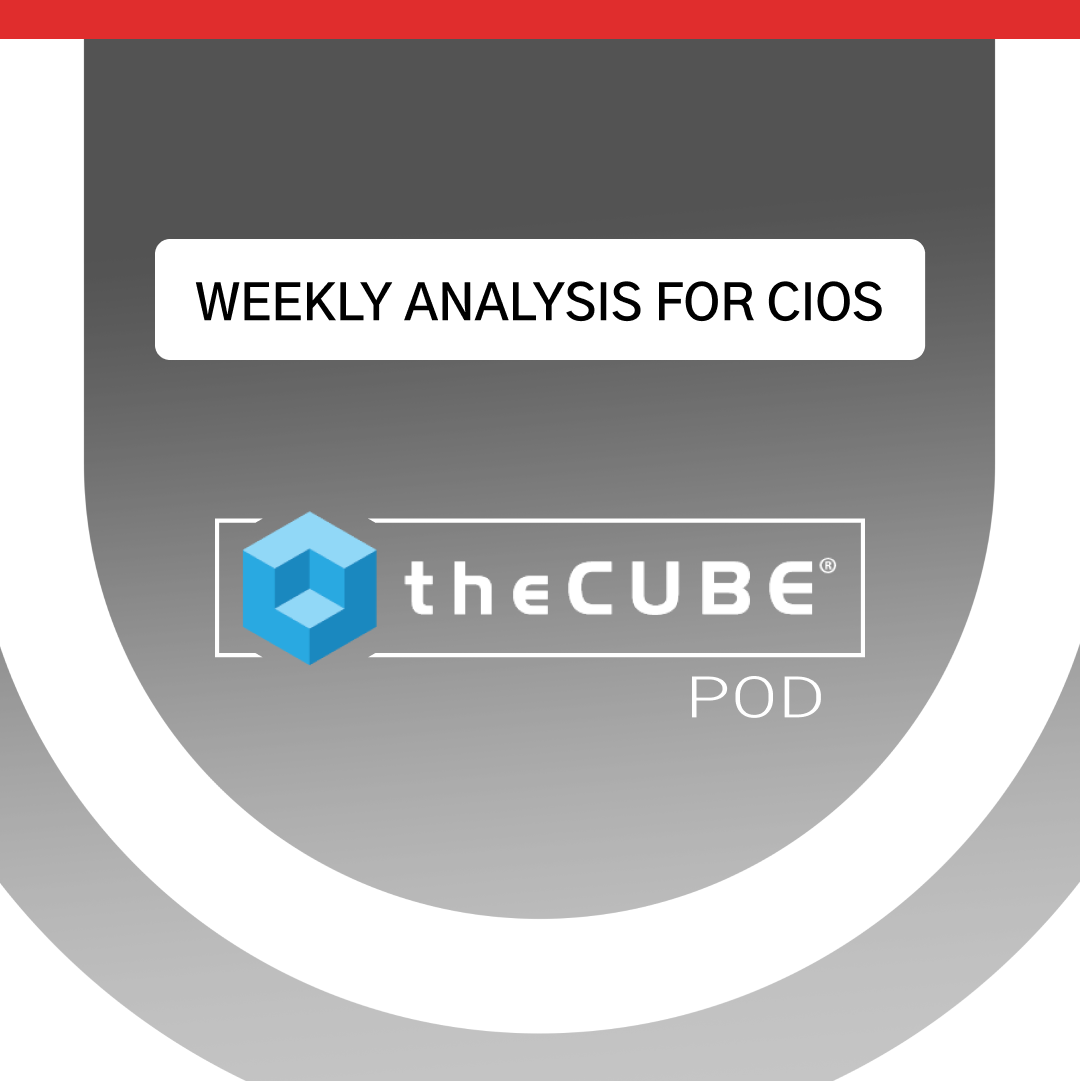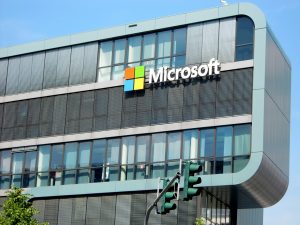Memo Reveals How Important WiFi Location Services are for Google Android
![]() Location services are becoming a big part of what smartphones do for us and as a result they gather a lot of information about where we are. With the recent debacle of Apple’s iOS recording everywhere you go by pinpointing nearby WiFi signal’s in a file, it’s become a question of how important that information is to smartphone manufacturers.
Location services are becoming a big part of what smartphones do for us and as a result they gather a lot of information about where we are. With the recent debacle of Apple’s iOS recording everywhere you go by pinpointing nearby WiFi signal’s in a file, it’s become a question of how important that information is to smartphone manufacturers.
Turns out, in Google’s case, it’s regarded as extremely important.
PCMag is right now reporting on these revelations from a memo exchange between Google product managers and now-CEO Larry Page, sent last year after Motorola decided to go with Skyhook Wireless instead of Google,
In Google’s case, the concept is the same, but the reasoning for doing so is a bit different. Google needs to be able to pinpoint the location of wireless signals emanating into the airwaves, for it uses this information to better help a smartphone triangulate its position. And, in doing so, this presumably allows a smartphone to know where it is for services like Foursquare or location-based advertising, among other products.
"Information about the location of WiFi networks improves the accuracy of the location-based services, such as Google Maps or driving directions, that Google provides to consumers," said Google last year in a letter to U.S. Rep. Henry Waxman. "Because GPS and cell tower data can be unreliable or inaccurate, in some cases using the location of Wi-Fi access points can enable a smartphone to pinpoint its own location more quickly and accurately."
“I cannot stress enough how important Google’s wifi location database is to our Android and mobile product strategy,” Google location service product manager Steve Lee wrote. “We absolutely do care about this (decision by Motorola) because we need wifi data collection in order to maintain and improve our wifi location service.”
It became even further more important, they argued, because of world government’s tamping down on Google’s WiFi network detection efforts connected to the StreetView cars—an activity which put them in a little bit of hot water in the UK.
Public fears that your phone is “tracking” where you are amplified by a misunderstanding that in order to deliver maps and location-based services it needs to rapidly determine where the phone happens to be. While a groundbreaking technology, GPS can be a little bit slow and it’s not hyper-accurate yet—coupling GPS information with well-known geolocated WiFi data allows Android handsets to rapidly triangulate their location, thus delivering a very precise location-based value to customers.
As we might guess from the iOS tracking snafu, the phone doesn’t really need to keep this data that long for it to be useful to the customer—this even sparked a recent lawsuit—especially if it’s not sending it to the carrier. However, to Google, lacking the information gathered from their StreetView cars, customers and their smartphones are the perfect sensors to collect that data for them.
Fortunately for Android users, this service is opt-in. Most of us are probably already used to those clickwrap windows that appear at the install of many PC applications that ask, “X Corporation would like to take non-personal feedback from your usage to help us better enhance future user experience [Accept/Deny.]” Google Android is doing the same thing by allowing smartphone customers to send their location data coupled with local WiFi information.
The important thing that is going to shake out of this revelation—above and beyond the fact that most media sources report it to be an opt-in service to enhance customer experience—will be a comprehensive privacy notice from Google to its customers that they anonymize the data sent to them. While people understand that it is inescapable that we emit our location to the carrier and through our use of apps, part of our relationship with wireless carriers, smartphone vendors and manufacturers, and app publishers is that we’re asking them to respect our privacy for the benefit of our patronage.
A message from John Furrier, co-founder of SiliconANGLE:
Your vote of support is important to us and it helps us keep the content FREE.
One click below supports our mission to provide free, deep, and relevant content.
Join our community on YouTube
Join the community that includes more than 15,000 #CubeAlumni experts, including Amazon.com CEO Andy Jassy, Dell Technologies founder and CEO Michael Dell, Intel CEO Pat Gelsinger, and many more luminaries and experts.
THANK YOU













